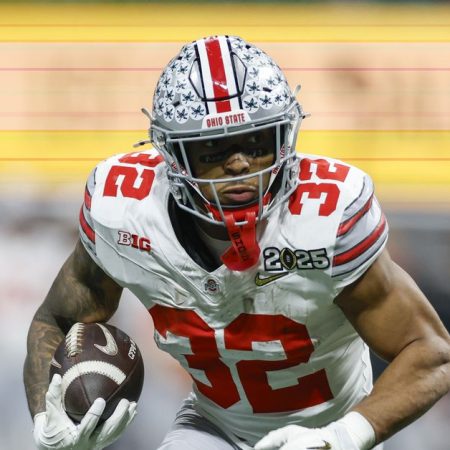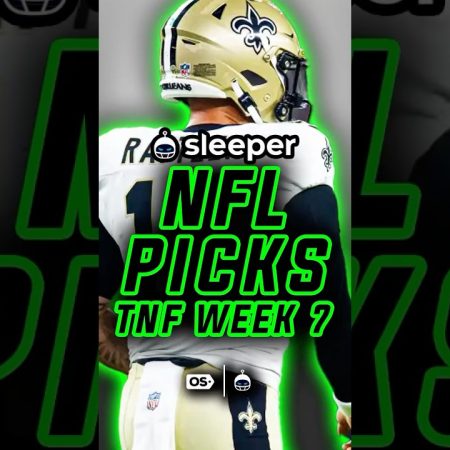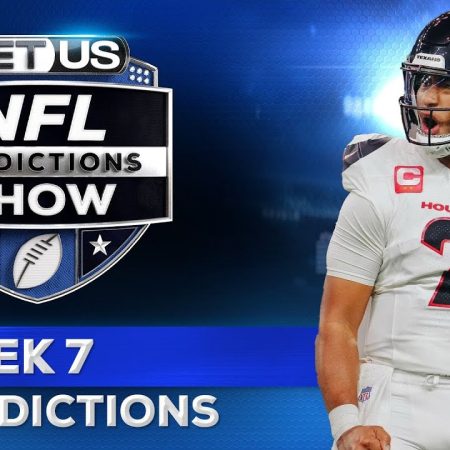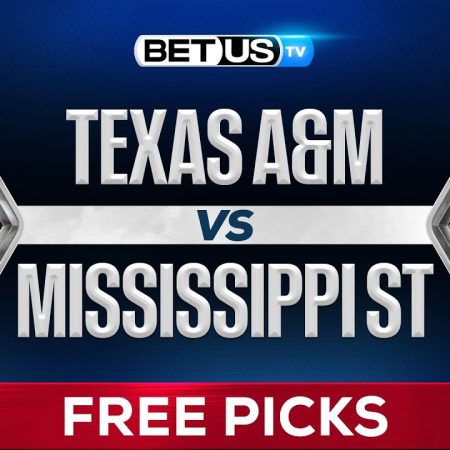The 2024 NFL season has come to a close and that means the NFL offseason is upon us. Over the last 20 years, the league has tapped into our collective love of football and found a way to hold our attention even when games aren’t being played. With so many things to keep track of — player contract negotiations, the NFL Draft cycle, free agency, blockbuster trades — it can be overwhelming.
That’s why I created this almanac as a helpful guide over the coming months. Whether you bookmark this article or keep it in one of your dozens of open tabs, which are totally part of your highly refined organization system, my goal is to make the offseason as easy for you to follow as possible.
Below you’ll find everything from a list of players whose contracts have expired for the Steelers, draft picks the Steelers possess, definitions for some key terminology you’ll need to know, and important dates to remember.
Pending Free Agents
Charles LeClaire-Imagn Images
QB: Russell Wilson, Justin Fields, Kyle Allen
RB: Najee Harris, Jaylen Warren (RFA)
WR: Mike Williams, Van Jefferson, Ben Skowronek, Scotty Miller
TE: MyCole Pruitt
OT: Dan Moore Jr., Calvin Anderson
C: Ryan McCollum (Exclusive Rights Free Agent)
OG: James Daniels, Nate Herbig, Max Scharping
DL: Isaiahh Loudermilk
OLB: Jeremiah Moon (ERFA)
ILB: Elandon Roberts, Tyler Matakevich
CB: Donte Jackson, Cameron Sutton, C.J. Henderson, James Pierre
S: Damontae Kazee
Steelers Draft Picks
Photo by John Smolek/Icon Sportswire via Getty Images
The Steelers currently have eight picks in the NFL draft, but that number can change via trade either before or during the draft. It’s also important to note that some of the pick numbers may change as compensatory picks are awarded to teams. Currently, the Steelers are not projected to receive any compensatory picks.
Round 1, Pick 21
Round 2, Pick 52
Round 3, Pick 83
Round 4, Pick 122
Round 5, Pick 157 (from LAR)
Round 7, Pick 223 (from NO)
Round 7, Pick 229 (from ATL)
Round 7, Pick 242 (from WAS)
Contract & Free Agency Glossary
Photo by Scott Taetsch/Getty Images
Cap Hit — How much a player counts against a team’s salary cap. This figure is determined by adding together a player’s remaining salary and signing bonuses due, divided by the amount of years remaining on their contract.
Compensatory Picks — Additional draft picks between rounds 3-7 awarded to teams by the NFL. When awarding these picks, the NFL considers a player’s playing time, salary and postseason honors to determine if they qualify as a compensatory free agent (CFA). The more CFAs that leave a team without being replaced by incoming CFAs, the more compensatory picks a team might receive, up to a maximum of four. Teams can also receive compensatory picks in the third round if they have a minority coach or executive hired into a head coaching or general manager role by a different team.
Dead Money — Money owed to a player no longer on the roster. This figure counts against the salary cap.
Exclusive Rights Free Agent — A player whose contract has expired after they’ve played fewer than three years in the league. The player is not able to negotiate a deal with other teams if their original team offers them a one-year deal at the league minimum.
Franchise/Transition Tag — Teams have the option of placing the franchise tag on an upcoming free agent. There are three types of franchise tags: exclusive, non-exclusive and transition. The amount of money each tag is worth depends on the player’s position and is calculated following the RFA deadline. Team’s are only allowed to tag a player three times and the number the player is paid increases with each use. The player’s salary increases 120% on a second use of the tag and 140% on a third use.
Exclusive: This tag prevents a player from negotiating with other teams unless the team withdraws the tag. The tag’s value is equal to the average of the top-five salaries at the player’s position for the current season or a 120% salary increase, whichever is higher.
Non-exclusive: The most commonly used, this tag grants the player’s original team the right to match any new offer the player receives. If they elect to let the player leave, they must receive two first-round picks from the player’s new team. The tag’s value is equal to the average of the top-five salaries at the player’s position over the previous five years or a 120% salary increase, whichever is higher.
Transition: The most rarely used, this tag functions the same as the non-exclusive tag, only the original team does not receive compensation if they decline to match an offer. The tag’s value is equal to the average of the top-10 salaries at the player’s position or a 120% salary increase, whichever is higher. The Steelers last used this in 2014 on linebacker Jason Worilds.
Per ESPN, these are the projected tag totals by position:
QB: $41,325,000 (non-exclusive), $35,267,000 (transition)
RB: $11,951,000 (non-exclusive), $9,765,000 (transition)
WR: $25,693,000 (non-exclusive), $22,523,000 (transition)
TE: $14,241,000 (non-exclusive), $12,069,000 (transition)
OL: $25,156,000 (non-exclusive), $22,745,000 (transition)
DE: $24,727,000 (non-exclusive), $20,769,000 (transition)
DT: $23,468,000 (non-exclusive), $18,934,000 (transition)
LB: $27,050,000 (non-exclusive), $22,612,000 (transition)
CB: $20,357,000 (non-exclusive), $17,198,000 (transition)
S: $19,626,000 (non-exclusive), $15,598,000 (transition)
K/P: $6,459,000 (non-exclusive), $5,830,000 (transition)
Restricted Free Agent — A player is eligible to be an RFA if they have played three seasons when their first contract expires. Teams are allowed to extend a qualifying offer — a one-year deal that comes with either a first-round, second-round, original-round, or rights-of-first-refusal tender — that gives them a chance to match any new offer the player might negotiate with a new team.
If the player’s original team declines to match a new offer, they are awarded compensation based on the tender they gave their RFA. The round-based tenders indicate what draft pick an RFA’s new team would have to send the player’s original team. A rights-of-first-refusal tender does not provide any compensation if the player leaves but does grant the original team a chance to keep the player if they match the new offer.
Void Years — Years on a player’s contract that they will never play on. This technique has been gaining popularity in NFL circles, as it allows to manipulate a player’s cap hit by spreading out the signing bonus into years where the player’s will not receive a base salary. It’s essentially a win-win for the team and player as the player will get more money upfront in the short term with the chance at signing a new contract sooner, while the team gets to lower the player’s cap hit. One setback for the team is that when a player’s void years trigger, they do not count towards a compensatory pick should they sign with a new team.
Important Dates
Photo by Stacy Revere/Getty Images
Feb. 18 — The window for teams to designate Franchise or Transition players opens
Feb. 24-March 3 — NFL Scouting Combine in Indianapolis
March 4 — 4 PM (EST) deadline for designating Franchise or Transition players
March 10 — Negotiation Period opens for NFL free agents
March 12 — Free Agency officially opens and teams are allowed to make trades
March 30-April 2 — Annual League Meeting
April 16 — Deadline for clubs to time, test, visit, interview, or conduct a physical examination with a draft-eligible player at its club facility.5
April 18 — Deadline for Restricted Free Agents (RFAs) to sign offer sheets
April 21 — Teams with returning head coaches may begin offseason training programs
April 23 — Deadline for teams to exercise Rights of First Refusal on their RFAs AND deadline for teams to test and interview draft prospects
April 24-26 — NFL Draft
May 2-5 OR May 9-12 — Rookie minicamp
Mid/Late July — Training Camp begins
Source link




















